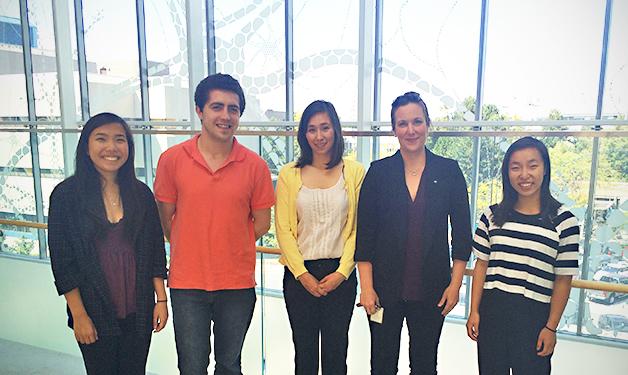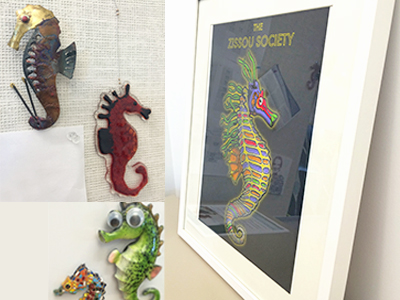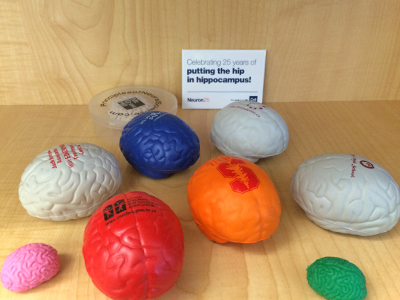
Welcome to Dr. Julie Robillard’s lab – where brain research happens in a tech-savvy world.
At the Djavad Mowafaghian Centre for Brain Health, Dr. Julie Robillard, assistant professor in the Division of Neurology, Department of Medicine at UBC, oversees research that brings together neuroethics and patient engagement. In the Robillard Lab, the neurology of the aging brain, technology, and ethics combine to bring new insights to brain health issues that affect many older Canadians, like Alzheimer’s disease (AD) and other forms of dementia.
Here’s an exclusive behind-the-scenes look at what goes on in one of Canada’s top neuroscience labs.

These days, Dr. Robillard and her team focus on research that aims to harness technology to improve the patient experience for people who have dementia and their caregivers. For example, a recent study uncovered that credible-looking information about Alzheimer’s disease found online often disguises a sales pitch for products of dubious quality. The Robillard lab works hard to assess information available and provide tools that the public can use to make decisions based in solid science.
When Dr. Robillard speaks at a conference, there’s inevitably someone giving away stress balls in the shape of brains. Her collection of these squishy souvenirs is constantly growing, showing her dedication to exchanging information with the scientific community and bringing together collaborators from different disciplines. In addition to conferences, Dr. Robillard is a frequent fixture at public talks, workshops and in the media, making her knowledge accessible to the public.

In the Robillard Lab, information sharing is a two-way street. Patient engagement plays a vital role in all research conducted. Collaboration with patients begins during the study design phase and continues throughout the process to make research relevant and meaningful to the people it’s meant to impact.
Many people aren’t allowed to use social media at work. In the Robillard Lab, it’s seen as a valuable tool and her students spend countless hours analyzing thousands of tweets and other social media posts. For example, one of the lab’s studies found that Twitter allows researchers to see how their work is being received and to join in the conversation and add clarity where it’s needed. Clinicians, meanwhile, can see what information patients are consuming and the conversations happening in their field.

Follow Dr. Robillard on Twitter and Facebook.
Check out the Robillard Lab website for more information.
Would you like your lab profiled? Contact us today!


